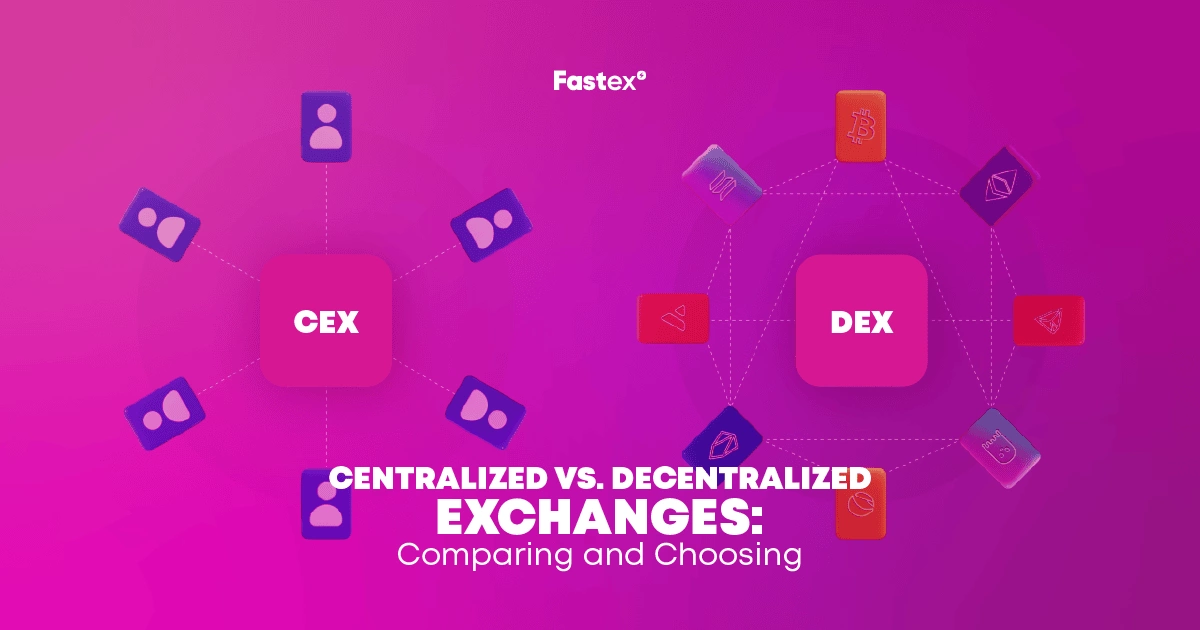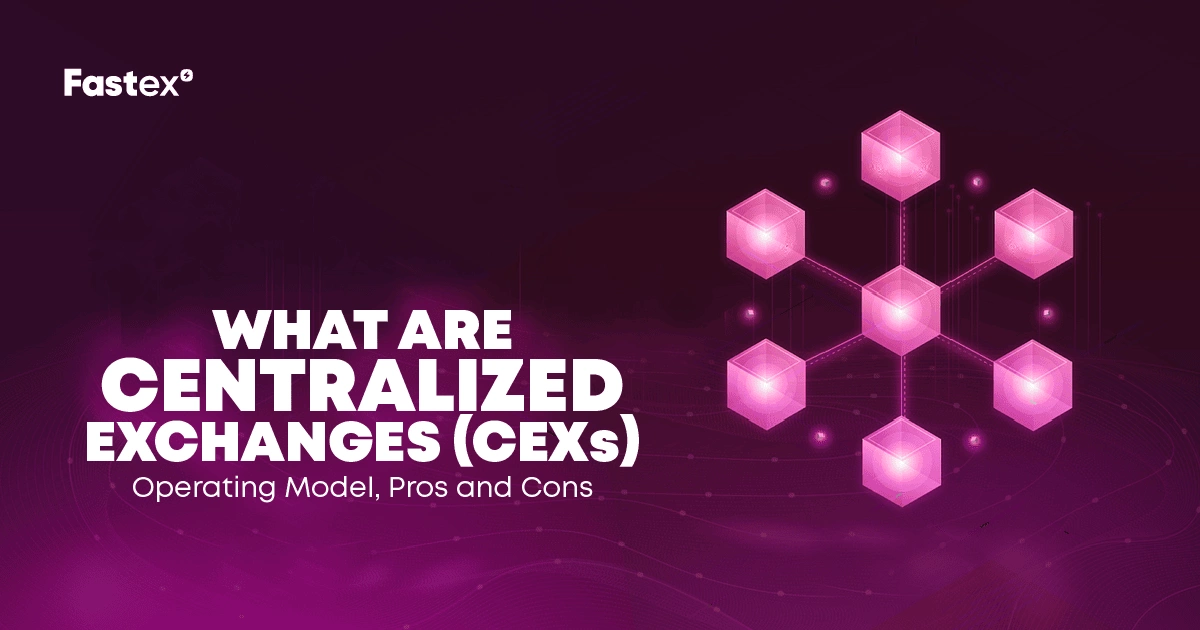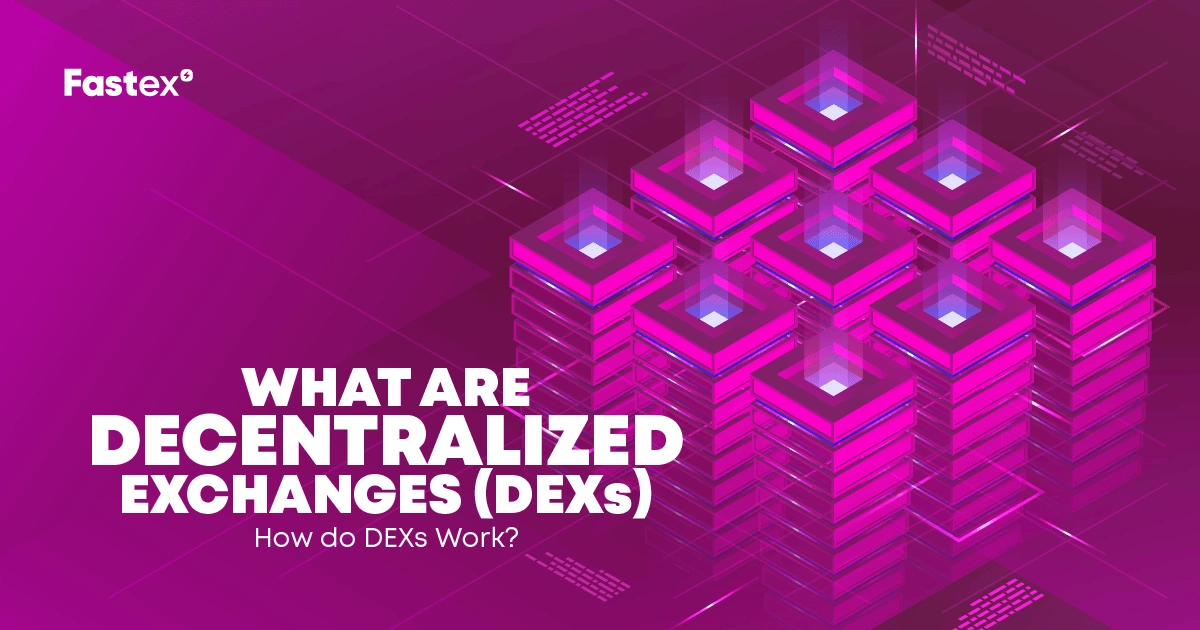
Centralized vs. Decentralized Exchanges: Comparing and Choosing
In the world of digital currency trading the decision to choose between centralized and decentralized exchanges is quite important for both traders and investors. Centralized exchanges continue to be the foundation of the cryptocurrency trading market because of their easy user interfaces and good customer service. Click to learn more about Centralized exchanges. However, as a strong alternative, decentralized exchanges promise more autonomy thanks to blockchain technology and smart contracts. Follow to understand a lot more about Decentralized exchanges.
This blog article will explore the key aspects and main advantages and disadvantages of centralized and decentralized exchanges. It should be taken into account that each kind of exchange platform has its trading requirements and it’s necessary to examine the differences between decentralized and centralized exchanges before trading.
Centralized vs. Decentralized exchanges
Both centralized and decentralized exchanges shape the environment of digital asset trading with their characteristics, benefits, and drawbacks. To navigate right and make wise decisions as a trader or investor, it is important to fully understand all the details of both exchange platforms. The decision between a centralized and decentralized exchange depends on individual preferences and priorities.
Security and Control
Strong regulation is one of the key benefits of centralized exchanges for traders looking to invest their cryptocurrencies. To stop illegal activities like money laundering and hacking, these platforms frequently demand their users to submit Know Your Customer (KYC) verification. Although the centralized exchanges provide regulatory compliance by enforcing KYC/AML regulations, they are at risk of hacking and internal manipulations, and the users are obliged to give their money management authority to the exchange.
Decentralized exchanges (DEXs), on the other hand, pay less attention to strict regulations than their centralized analogs. However, this is a place where users can control their own money, and this lowers the risks and possibilities of asset losses. Due to their split nature, decentralized exchanges offer resilience and traders can maintain ownership over their money and private keys without dependence on platform management.
User Friendliness and Interface
Users of centralized exchanges benefit from a variety of features, such as simple interfaces and easily accessible trading tools. These platforms usually have user-friendly designs that make it simple for both novice and expert users to understand, deposit, and withdraw money.
Decentralized exchanges, on the other hand, might be more complicated because of their dependence on blockchain technology and smart contracts, even though they provide unique benefits. In contrast to centralized exchanges, users of decentralized platforms may have a more challenging learning experience since they must save their private keys and keep wallets to trade.

Liquidity and Speed
In terms of liquidity, centralized exchanges lead the industry and provide higher levels than decentralized exchanges. For traders looking for quick deals with little volatility, liquidity is essential since it makes it possible to purchase and sell assets easily with no loss of their market value. Because of their large user base, successful order book methodology, and quick trading speeds, centralized exchanges are very liquid and provide ideal conditions.
Regarding decentralized exchanges, because of their smaller user bases and trading volumes, they maintain lower liquidity levels. As a result of the liquidity deficit, there may be differences between the values of assets and market rates, which presents difficulties for traders on DEX systems.
Fees and Costs
In centralized exchanges, where every order including buy or sell, carries a fee, transaction costs are a major issue. These fees have the potential to increase over time and become problematic for traders.
Compared to their centralized alternatives, decentralized exchanges provide an option with lower transaction costs by allowing direct trades between buyers and sellers without middlemen. It's important to remember that gas fees for decentralized exchanges differ based on transaction complexity and blockchain network overload. But also, the gas fees occasionally can be higher than those on centralized exchanges, which gives traders an extra level of risk.
Variety of Assets and Trading Options
Established centralized exchanges offer a wide range of digital currencies for diversified portfolios providing fiat gateways for more convenient market access.
Meanwhile, decentralized systems specialize in trading between different cryptocurrencies. Although limited in fiat options, decentralized exchanges occasionally offer niche or newer tokens that are not available on CEX platforms.
Anyways, despite their managing styles, both exchange platforms accept a variety of user approaches and risk profiles trying to suit user requirements.
Frequency and Size of Trades
Because of their strong order-matching features and great liquidity, centralized exchanges are ideal for both high-frequency and large-volume trading. The liquidity enables the smooth execution of trades of any size or frequency, meeting traders' needs and looking to execute big orders quickly and effectively.
Decentralized exchanges, on the other hand, may be unsuitable for high-frequency or high-volume trading due to potential shortages of liquidity and transaction costs.
So, while decentralized exchanges provide autonomy and security, traders who want to carry out deals frequently or in big numbers may find centralized exchanges more suitable.
Community and support
Centralized Exchanges focus on a high priority of safety and support, which is essential for novice traders. CEXs provide proper direction and advice to users navigating the complexity of trading through their specialized customer service staff.
Meanwhile, decentralized exchanges lack helpful client platforms and instead rely on social networks and blockchain-based solutions. This lack of immediate help can provide serious difficulties for those in need, sometimes resulting in unsolved problems and disappointments.
Innovation and future potential
In the cryptocurrency industry, both CEXs and DEXs are at the top of technological progress, always ready to meet the shifting demands of consumers and the digital currency market as a whole. Both exchanges utilize innovative unique services, features, and trading instruments that improve customer satisfaction and keep them competitive in the market.
Having different roles in supporting digital asset trades, both exchanges encourage the next wave of financial and technological innovation.
Final Verdict: Centralized Vs Decentralized Exchange
As the digital coin industry develops, both centralized and decentralized exchanges adapt to shape the future of finance.
The decision between choosing CEXs or DEXs is driven by personal tastes and objectives. The first one provides ease and regulatory certainty, whereas the second promotes decentralization and integrity. Centralized exchanges offer user-friendly design, great liquidity, and strong regulations, thus being suitable for individuals who value simplicity and rules stability. Decentralized exchanges, on the other hand, stand for self-reliance but can face liquidity and transaction speed issues while running in a gray area.
Both are constantly evolving, pushing innovation in the digital cryptocurrency field. The choice between them is based on values in this dynamic and ever-changing market.
FAQ
How does a centralized exchange work?
Centralized exchanges function as middlemen for easier purchase and sale of digital currencies. Together with a user-friendly interface and integrated mechanism, they keep control over customer funding and operations.
How does a decentralized exchange work?
Decentralized exchanges allow peer-to-peer cryptocurrency trading without any need for middlemen. These platforms rely on the blockchain system and smart contracts to perform transactions directly between individuals, increasing security and independence.
What are the major downsides of centralized exchanges?
The main disadvantages of centralized exchanges include the possibility of delay or service errors, regulatory monitoring, and potential security risks because of centralized control over client money.
What are the major downsides of decentralized exchanges?
The absence of customer support and management mechanisms are the main disadvantages of decentralized exchanges. They are also not optimal for high-frequency or large-volume trading due to potential liquidity limitations.
Should I use a decentralized or centralized exchange?
The decision between centralized and decentralized exchanges is based on personal needs and interests. Decentralized exchanges place a higher priority on privacy and autonomy rather than centralized exchanges, which provide easy use, liquidity, and regulatory compliance.
Disclaimer: Includes third-party opinions. No financial advice.




